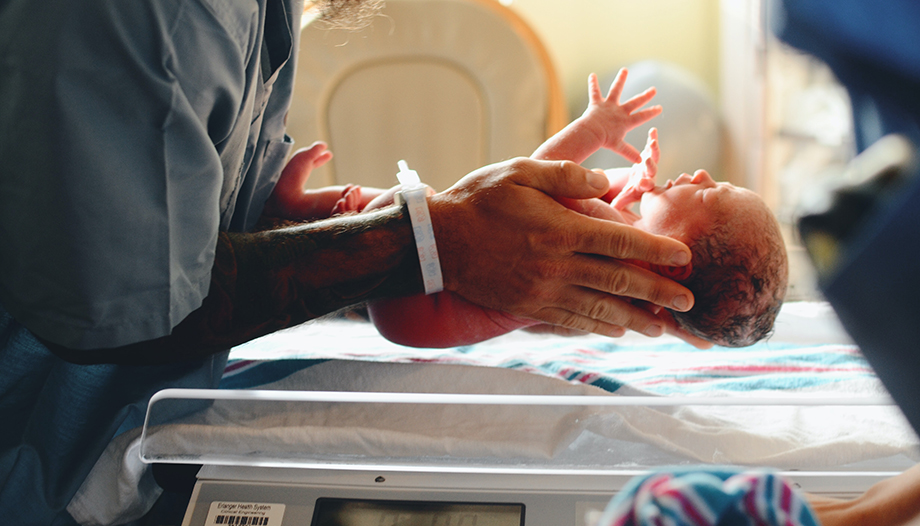The feast of Our Lady of Lourdes marks the World Day of the Sick, which the Spanish Church celebrates this year under the theme "Let us take care of each other".
For this reason, Omnes has interviewed José Luis Méndez, director of the Department of Pastoral Health Care at the Spanish Episcopal Conference.
Q- How can we take advantage of the Day of the Sick to increase awareness of the need for mutual help and true fraternity?
R- We should take advantage of this to help each other. On the one hand, those who are healthy, praying for the sick and those who care for them and, at the same time, the sick can offer every moment of loneliness or suffering. All this is a mystery with which Christ makes us sharers in his redemption and, therefore, it is something of inestimable value for the whole of humanity.
Q- How can we live this Day in the midst of a time marked by the coronavirus and with daily news of deaths, contagions... that can provoke anxiety among Christians?
R- First of all, we must not settle into a culture of complaint. It is true that times are hard, the numbers of deaths and hospital admissions are heartbreaking, but we can take two stances: we can remain with the data and be frightened, or we can listen to the data, commend those admitted and propose to repeat a short prayer throughout the day for those who are admitted or who have died. We must think more about Heaven, give reason for our hope, because evil has an end, because God has put a limit to it in Jesus Christ.
In the face of the pandemic situation, we cannot install a "culture of complaint".
P- How can we continue to encourage the importance of care and dignity for the sick and elderly?
R - The first thing is to ask Our Lady to change our hearts so that she can help us to look at others with tenderness. I like very much that expression of the pontificate of Pope Francis "the revolution of tenderness". Without this tenderness, care will be merely technical. If we are able to look at others in a different way, we will feel involved in their pains, limitations, sufferings... and then we will begin to truly care. Technical" care is essential, but there is a deeper care: that of a caress, a look, a knowing how to listen.
If we look with the eyes of Christ we discover that one minute of a dying patient's life is an occasion to love and is worth an eternity.
Q- How can we continue to advance in the dissemination of the culture of life?
R- First of all, pray and also encourage people to look differently. As this prayer says "May I see with your eyes my Christ, Jesus of my soul.". Then we will understand what it means to truly care. We discover that one minute of a dying patient's life, that one minute, is an occasion to love and is worth an eternity.








